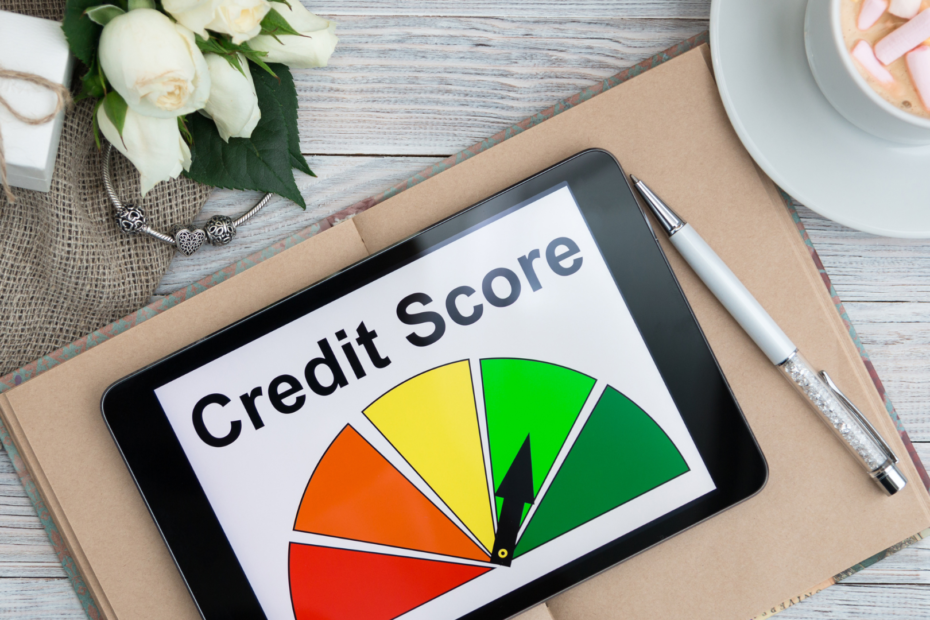If you are looking to improve your credit score, there are many ways in which you can do so. It’s not as difficult as you might think. In this article, we will explore seven tips on how to increase your credit score and what you can do to make that happen.
1. Reduce Your Spending
If you’re looking to improve your credit score, one of the best things you can do is reduce your spending. This means being mindful of your purchases and only buying what you need.
It can be easy to overspend, especially if you use credit cards. But if you’re able to stick to a budget and pay off your balances each month, you’ll see a big improvement in your credit score.
2. Check Your Credit Report
If you’re looking to improve your credit score, one of the first places you should start is by checking your credit report. You can get a free copy of your credit report from each of the three major credit bureaus (Experian, TransUnion, and Equifax) once per year at AnnualCreditReport.com.
When you review your credit report, be sure to look for any errors or inaccuracies that could be dragging down your score. If you find any, you can file a dispute with the credit bureau in question and have the error corrected.
In addition to checking for errors, take a close look at the different factors that make up your score. This will give you an idea of where you need to focus your efforts to see the biggest improvement. For example, if your payment history is dragging down your score, you’ll want to make sure you’re always paying your bills on time from now on.
By taking these steps, you can get a better understanding of where your credit stands and start taking action to improve it.
3. Pay Bills on Time
One of the most important things you can do to improve your credit score is to pay your bills on time. This includes both credit card and loan payments.
Even one late payment can hurt your score. So it’s important to make sure you are always up to date on your payments. You can set up automatic payments for your bills to help ensure that you never miss a due date.
4. Stop Using Credit Cards so Much
If you’re using credit cards a lot, then it’s likely that you’re not paying off your balances in full each month. This means that you’re accruing interest and your debt is growing. One of the best ways to improve your credit score is to start paying off your credit card balances in full each month.
If you can’t pay off your balances in full, then try to at least make more than the minimum payment each month. The more you can pay down your balances, the better off you’ll be.
Another way to reduce your credit card debt is to transfer your balances to a low-interest-rate credit card. This will save you money on interest and help you pay down your debt faster.
5. Consider a Credit Counseling Agency
If you’re looking to improve your credit score, one option you may want to consider is working with a credit counseling agency. Credit counseling agencies can help you create a budget and work on your money management skills. They can also negotiate with your creditors to try to get them to lower your interest rates or remove late fees.
There are many different credit counseling agencies out there. So it’s important to do your research and find one that is reputable and has a good track record.
You can read online reviews or ask friends or family members for recommendations. Once you’ve found an agency you’re comfortable with, make an appointment for a free initial consultation.
During the consultation, the counselor will review your financial situation and come up with a plan of action. If you decide to work with the agency, they will typically charge a monthly fee for their services. However, this fee is often very reasonable, and it’s worth it if it means getting your credit score back on track.
6. Contact a Lender for a Loan
There are a few things you can do to improve your credit score, but one of the most important is to contact a lender for a loan. This shows that you’re serious about taking care of your finances and are willing to work with a lender to get the best possible terms for your loan.
Be sure to shop around for the best rates and terms before signing any loan agreement. You don’t want to end up paying more than you have to in interest or fees. And, make sure you can afford the monthly payments before taking on any new debt.
7. Close Old Accounts You No Longer Use
If you have credit cards or loans that you no longer use, it’s important to close those accounts. Leaving them open can hurt your credit score in two ways:
First, it can add to your “credit utilization ratio” – the amount of available credit that you’re using. The more of your available credit you’re using, the lower your score will be. So closing unused accounts can help improve your score in this way.
Second, closing accounts can also shorten your “credit history.” The length of your credit history is one of the factors that make up your score. So if you close an account that you’ve had for a long time, it could hurt your score.
So if you have any old accounts that you don’t use anymore, it’s generally best to close them.

